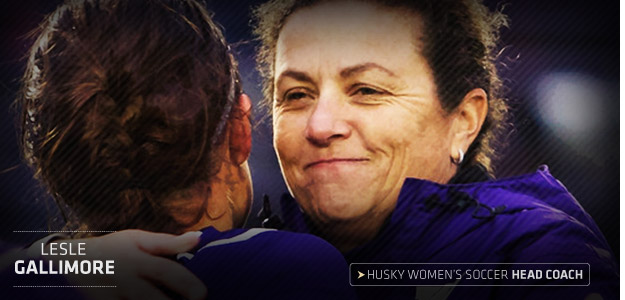Women as Soccer Coaches in the USA
Pay It Forward, hosted by Lesle Gallimore, Women’s Head Coach at the University of Washington was a great meeting of the female soccer minds. The symposium inspired and reminded me that there is a network of high qualified females coaching within this beautiful game. Visit Leslie Gallimore’s twitter.
The presentations at Pay It Forward were wonderful. Seattle Reign‘s Head Coach Lauren Harvey spoke on the ins and outs of coaching in the NWSL. Amy Griffin spoke on the Women’s National Team and Sarah-Kate Noftsinger, Commissioner of the ECNL, spoke about the state of the Elite Clubs National League and what the future looks like for women’s youth soccer.
The presentation that impacted me the most was presented by Lauren Meehan, who is the Digital Brand Manager and Micro Programs Manager for Rush Pikes Peak, on “Participation by Women as Coaches in the US. ”
The basic question that comes up time and time again: Where are all the female coaches?
This has been the topic of presentations at the US Youth Soccer’s national convention, it has been analyzed in research journals such as Soccer in Society, and it is talked about by female coaches. Yet, surprisingly no one seems to have an answer or a steadfast plan of attack to increase the numbers of women in coaching.
In her presentation, Meehan provided a snapshot of the data supporting the fact that there is a very low amount of females coaching soccer.
Stats on Women in Soccer – Here are some of the raw numbers:
- National Team Level, 4/7 HC are women, 0/1 fulltime assistants, 0/1 gk coaches are women.
- 1/9 Head Coaches, 3/13 assistants and 1/9 gk coaches are women in the NWSL
- 14% of the WPSL head coaches are female.
- 22% of the W-League head Coaches are female.
- 27% of the Division I soccer teams have female Head Coaches. 48% Assistants/60% volunteers are women.
- 28% of Division II soccer teams have female Head Coaches. 47% Assistants/ 65% volunteers are women.
- 37% of Division III soccer teams have female Head Coaches. 56% assistants/68% volunteers are women.
- 7% of ECNL head coaches are women.
- In Colorado, 20% of the u11-u18 CYS and ECNL teams had female head coaches.
These numbers actually did not shock me very much as I live this every day. For some reason, high numbers of women that have played are not involved as competitive coaches. The numbers are probably a bit higher in recreational coaching, however, probably not by much. Thinking about the data, a few questions that resonate are listed below.

Why aren’t former female soccer players choosing to become soccer coaches at some level of the game?
What are some of the hurdles or challenges that current women in coaching have faced in real life coaching situations?
Is there a disconnect with coaching education for women or are women not wanting to take coaching licenses for a particular reason, are they intimidated by the environment?
What can women in the game do to increase the numbers of future females involved in coaching?
Lauren has recently formed the Female Coaches Advocacy Group, whose mission is to find ways to connect women in coaching and inspire younger women to get involved in coaching within the game for the future. The plan is to start at the state level in Colorado and in Southern California with Cal South to create a state network of women in coaching to start dialogues, provide mentorship and inspire college women to get involved in coaching in the future.
It is critical for women who are currently involved in the game to reinvest to help grow the future crop of women in coaching. Lauren has inspired me to want to make a change and to be proactive in “Paying it Forward” to the next generation of female coaches.
For more information on how you can get involved with Female Coaches Advocacy please contact Lauren Meehan at lkmeehan@gmail.com.






